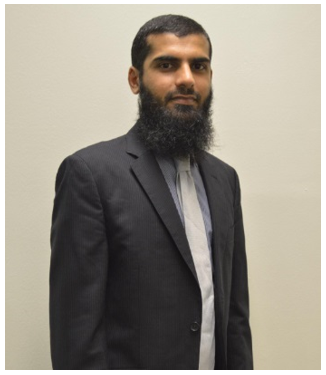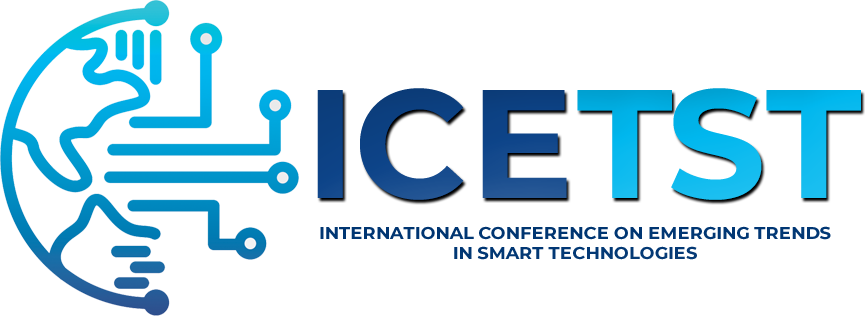
Associate Professor
University of Bradford, UK
Topic: Software-Defined Networks adoption with its Opportunities & Future Challenges
Software-Defined Networks (SDNs) represent a transformative approach to networking, presenting a spectrum of opportunities alongside inherent challenges. SDNs offer centralized control and programmability, thereby augmenting network agility, scalability, and operational efficiency. Through the abstraction of network intelligence from physical infrastructure, SDNs facilitate dynamic resource allocation, traffic optimization, and novel service provisioning. However, the adoption of SDNs presents notable challenges, including heightened security risks, interoperability complexities, and the imperative for robust management frameworks. Additionally, the intricacies associated with migrating legacy systems to SDN architectures and ensuring seamless integration with existing infrastructures pose considerable hurdles. Notwithstanding these challenges, the potential advantages of SDNs in reshaping network management paradigms and fostering innovative applications underscore the critical necessity of addressing these impediments to fully realize their transformative potential.
Speaker: Suleman Khan is currently an Associate Professor at the School of Computer Science, AI & Electronics at the University of Bradford. Previously he received a Ph.D. degree (Distinction) in Cybersecurity from the Universiti Malaya, Malaysia, in 2017. He was a faculty member at the School of Information Technology, Monash University, Malaysia, Department of Computer and Information Sciences, Northumbria University, Newcastle upon Tyne, U.K and the School of Engineering and Computing, University of Central Lancashire, UK. He has published more than 90 high-impact research articles in reputed international journals and conferences including IEEE Transactions on Intelligent Transportation Systems, IEEE Transactions on Sustainable Computing, IEEE Communications Surveys & Tutorials, IEEE Internet of Things Magazine, IEEE Internet of Things Journal, and ACM Computing Surveys. His research areas include but are not limited to, network forensics, software-defined networks, Internet-ofThings, Blockchain, cloud computing, and vehicular communications.
